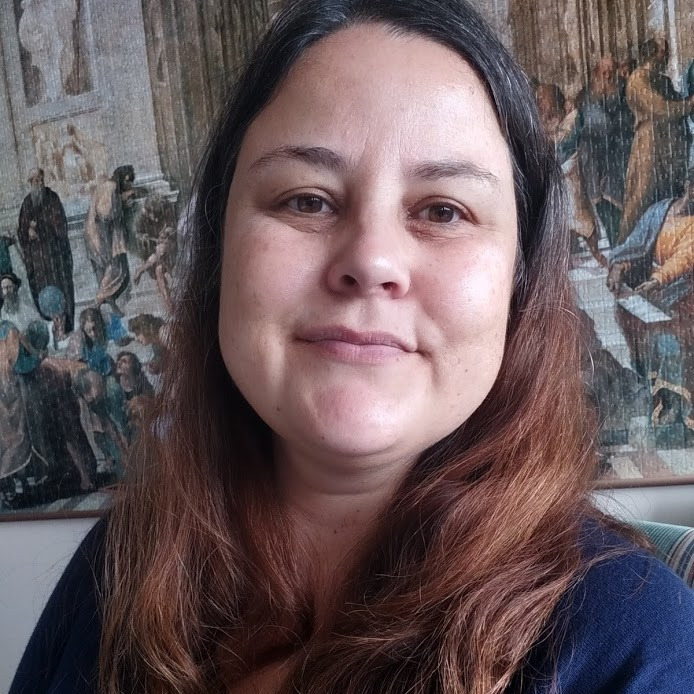Our Keynoter: Silvana Camboim

Silvana Camboim is a Professor at Federal University of Paraná (UFPR). She teaches Cartography, Geographic Databases and GIS for graduate and postgraduate courses and supervises students in masters and doctorate degrees.
Her research has focussed on geospatial science, geospatial interoperability standards, collaborative mapping and spatial data infrastructure. Her background is in cartographic engineering and business administration, with an MSc in Environmental Management (University of Nottingham) and a PhD in Geodetic Sciences (UFPR). Before becoming a professor, Silvana was an analyst at the Brazilian Institute of Geography and Statistics (IBGE), among other GIS Analyst positions.
Silvana has been a strong advocate for the expansion and accessibility of geospatial education through both her work as an academic and as Chair of the ICA Commission on Open Source Geospatial Technologies. She led the first Geo For All lab in South America (Laboratório Geoespacial Livre UFPR) and the first Youth Mappers Chapter in Brazil (Mapeadores Livres UFPR), working both with OSGeo and Open Street Map communities, including the Geo for All Iberoamerica network. Silvana is passionate about the idea that cartography should be inclusive, collaborative, and accessible to all.
The importance of building mappers for a genuinely open geospatial community
There are many dimensions to the term 'open'. We need (and should) build environments based on open-source software, open science and open data. However, before all technology, it is the human dimension that proves to be the most challenging.
As educators, we need to turn our gaze to spreading this approach of going further than enabling the use of open tools, but creating participatory communities where a new generation of mappers is formed. Communities with access to open education focus on reducing inequalities in gender, race, and the immense poor distribution of resources on the planet. Communities that can hear and be heard, global communities. In this way, networks such as Geo for All and its Iberoamerican version, and the Youth Mappers network, bring that extra vision to academia. In this talk, I want to share with you the experiences of these two groups and how this form of active learning has affected my vision as a teacher and the relationship with my students and the community.